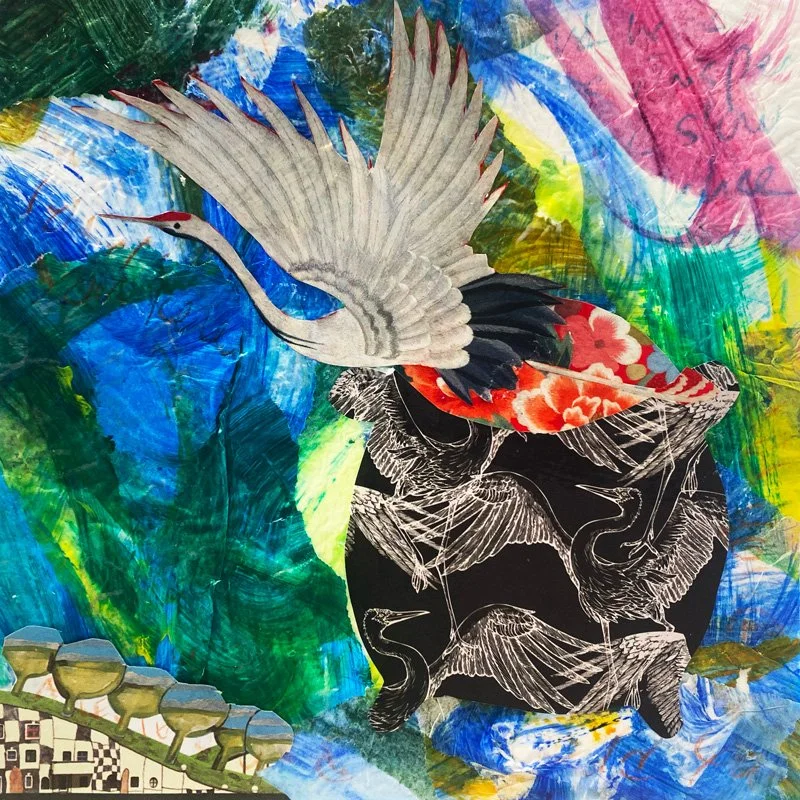Have you fallen into a writing rut? Lost your way in the wordsmith woods?
On December 12, I presented my final WriteSPACE Special Event of 2022, Writing Wizardry. Participants accompanied me on a tour of some tricky syntactical terrain, and I taught them a couple of magic spells for getting their wordcraft back on track.
This event was offered in two live one-hour Zoom sessions.
Part I: Zombie Nouns and Somnambulant Verbs
We explored how zombie nouns (aka nominalizations) and sleepwalking verbs (aka statives) can suck the lifeblood from your sentences and paralyze your prose. Writers can rescue their readers from the Zombie Apocalypse by replacing or supplementing abstract language with concrete nouns, active verbs, and straight-shooting syntax.
Part II: From Scary to Stylish
Attendees tried out my special wizard-themed Writer's Diet test and learned how they can fine-tune this playful diagnostic tool to suit their own disciplinary conventions and personal style. I offered them an exclusive taste of four different versions of my witchy Writer's Diet brew: the paper-and-pencil version in the book; the free online test; the premium Writer's Diet Plus; and the downloadable MS Word app.
Below is WriteSPACE Event Manager Amy Lewis’ first-person account of the live event.
…………….
Amy: I thoroughly enjoyed these two wordcraft workshops. Helen set the scene with the story of a magical realm—aka the brain. As the benevolent ruler of your realm, you act as its custodian and must organise emissaries (words) to travel beyond it and communicate your ideas. Your emissaries should be well-prepared and fit for the task. Zombie-like or sleep-walking ambassadors cannot perform at their best and may make your ideas sluggish and confusing.
Through storytelling, Helen clearly explained why nominalisations and somnambulant verbs cause so much damage in academic writing. I greatly appreciated the call to double-check my usage of them.
Helen explained her inspiration for her amazing TedEd video about Zombie nouns (watch it here!), which made me ponder the power of personification. I love the idea of animating abstract concepts by giving them voice, actions, or personality. For example, rather than talking about evolution abstractly as a cornerstone concept of biology, I tried to personify it into a character: Evolution is rather slovenly, fond of recycling used parts and procrastinating until the last minute. A terrible planner, Evolution will only patch together a new species once an ice age has already hit.
After watching the TedEd video on Zombie nouns and reading Chapter Two of Helen’s book The Writer’s Diet, why not try this creative exercise yourself: Identify a recurring nominalisation in your writing and turn it into a character. Which active verbs can you pair with this zombie noun to make it more concrete and active?
Helen reminded us that, at their best, abstractions can communicate complex ideas. It’s not necessary to cut them all out. Be selective! You can use zombie nouns as keywords, but make sure you surround them with concrete nouns and active verbs to cushion them in clarity.
Another key insight from these workshops was Helen’s commentary on be-verbs. Iterations of the verb to be are stative verbs (and therefore static verbs!); they express a state but don’t take the reader anywhere new, nor do they propel your sentences forward. You can use The Writer’s Diet online test to highlight be-verbs in your writing. If you use be-verbs often, seek active or interesting verbs instead (e.g. She was looking at becomes She scrutinised). In our Q&A discussions, we realised that active verbs are nearly always a good idea, no matter the topic or discipline.
Helen’s final piece of advice for using the online tool was to exercise your own judgement. If the test warns you away from some beloved or necessary terms, you don’t need to jettison them all. Simply be aware of how you frame these words—The Writer’s Diet is an algorithm and doesn’t have a brain, but you do!
A big thank you to Helen for her wordcraft wizardry and tips and tricks. I’m looking forward to seeing you all again at the next WriteSPACE Special Event!
…………….
A recording of this two-part WriteSPACE Special Event is now available in the WriteSPACE Library.
Not a member? Register here to receive an email with the video link.
Better yet, join the WriteSPACE with a free 30 day trial, and access our full Library of videos and other writing resources.
Subscribe here to Helen’s Word on Substack to access the full Substack archive and receive weekly subscriber-only newsletters (USD $5/month or $50/year).
WriteSPACE members enjoy a complimentary subscription to Helen’s Word as part of their membership plan (USD $15/month or $150/year).





